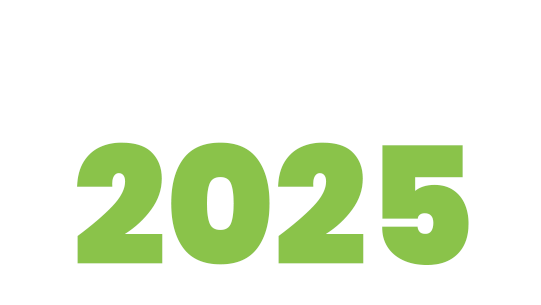
IS29 - Architected and Origami-inspired Metamaterials and Structures
Keywords: additive manufacturing, data-driven design, homogenization, lightweight design, machine learning , optimization, origami and kirigami, lattices
The design of materials and structures with tailored properties has benefitted from the advent of architected and origami-inspired approaches. By leveraging geometric design principles, these materials and structural components exploit complex internal architectures or folding patterns to achieve unique functionalities that are not possible with traditional materials. Architected metamaterials combine different constituents or rationally designed micro-architectures to enable tunable mechanical, thermal, optical, and acoustic properties. Meanwhile, origami-inspired materials apply folding techniques to create multistable, dynamic, deployable, and reconfigurable capabilities. The surge of such rationally designed materials and structures has been possible due to the development of meso-, micro- and nano-additive manufacturing techniques that enable the fabrication of complex architectures with precise control over their geometry, often coupling different constituent materials. This session will bring together experts in the modelling, design, characterization and optimization of novel architected and origami materials and structures to present and discuss the recent advances in the field and emerging applications in different engineering domains. The session invites contributions on topics that include, but are not limited to, (i) innovative additive manufacturing techniques for metal, ceramic, polymeric and multi-material architected and origami-based solids, (ii) numerical and computation modelling of their static, dynamic and thermal properties, (iii) parametric, multi-scale and machine-learning assisted design, (iv) topological and data-driven optimization, (v) experimental characterization methods, (vi) application in various fields, from soft robotics to aerospace engineering, from biomedtech to mechanical engineering. Fundamental and applied research studies are welcomed.

